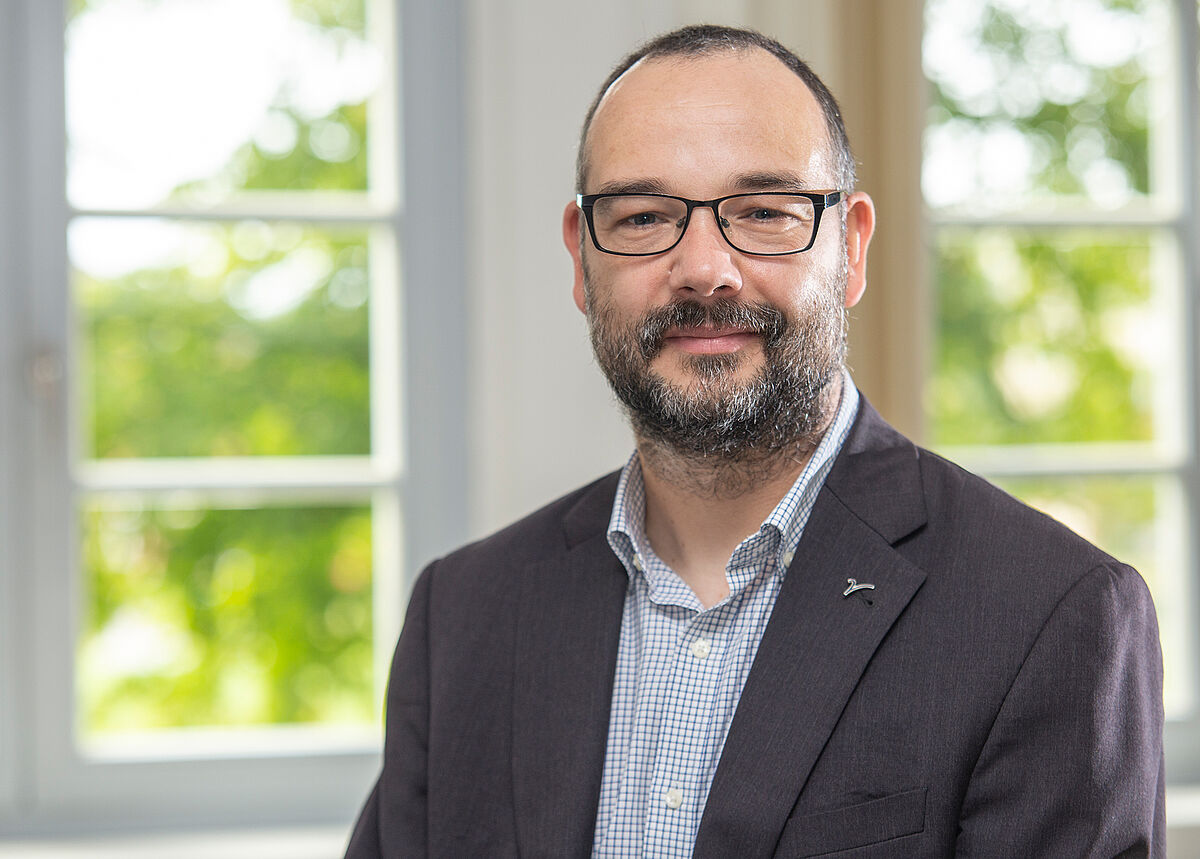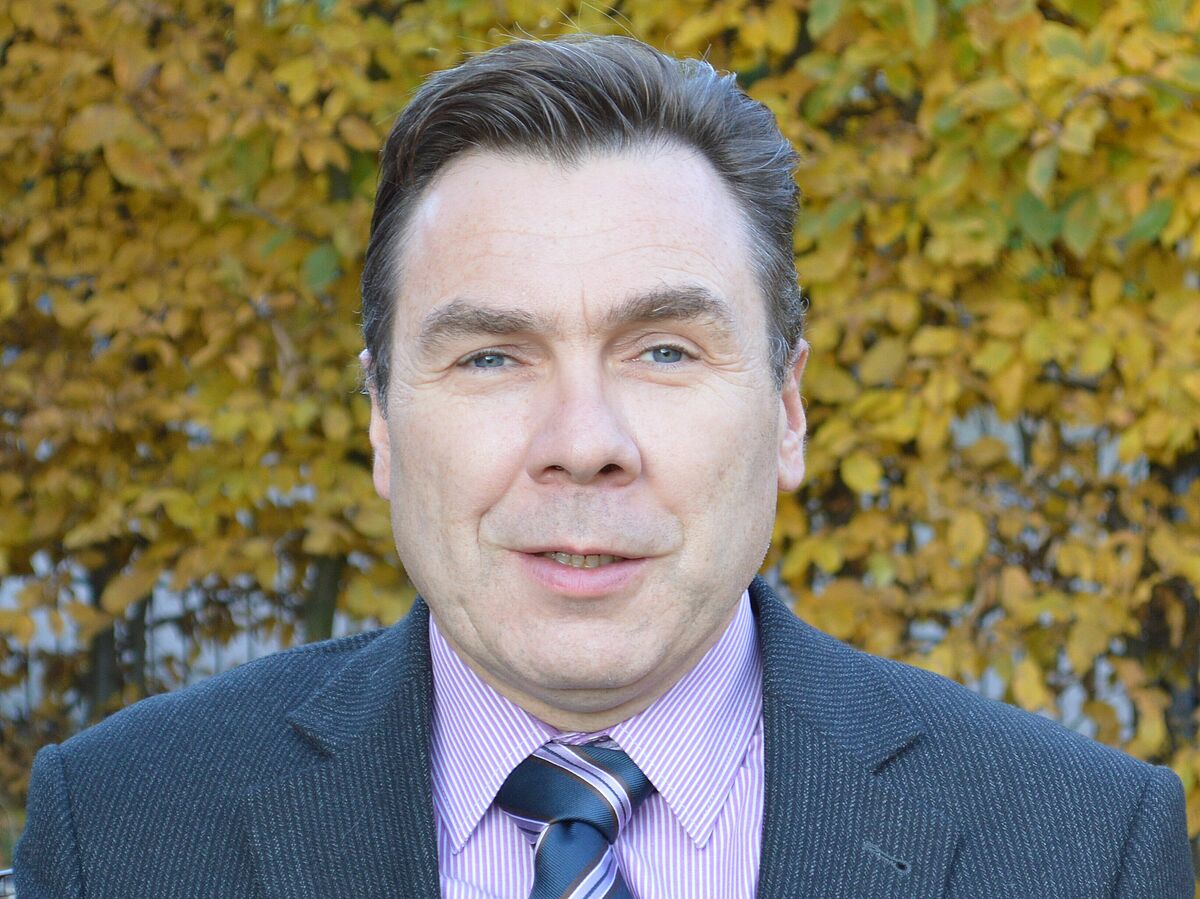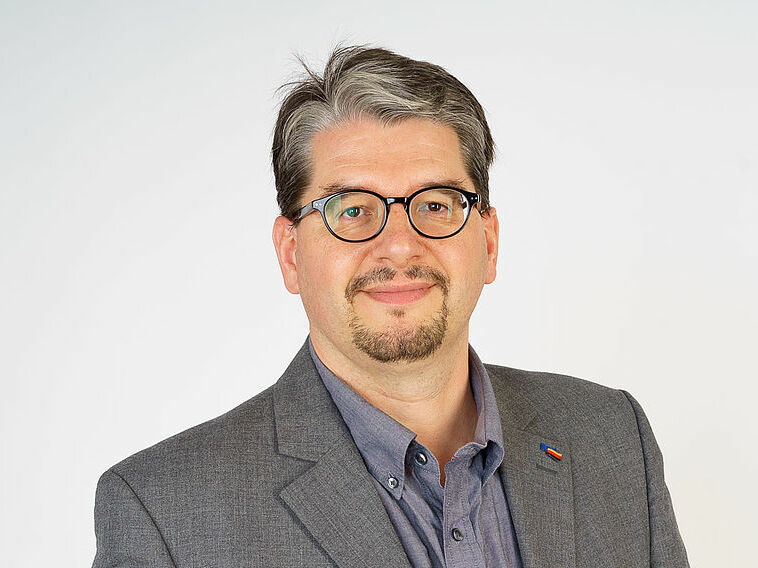Senior Lecturer and Research Associate at the Chair of International Politics and Development Cooperation at the University of Rostock
„The development of Eurasia will have a decisive impact on the future of the Earth. The size and diversity of the region makes it a key determining factor for almost all major global problems, from resource conflicts to migration issues and climate protection. ZEUS aims to advance knowledge about Eurasia in all its facets and to actively promote academic and personal exchange with this region.“
For further interesting information regarding Dr. Gottschlich click: https://www.ipv.uni-rostock.de/en/chairs-and-staff/chair-for-international-politics/academic-staff/dr-pierre-gottschlich/
Professor of the Chair of International Politics and Development Cooperation at the University of Rostock
“The Eurasian area is one of the most impressive and diverse regions in the world. From a political point of view it encompasses in its core Russia and the other post-Soviet countries, geographically it reaches from the Baltic Sea to the plains and high-mountains of Central Asia, and economically the region is marked by the Eurasian Economic Union (EAEU), the world-wide largest comprehensive and united economic area. Its rich history and versatile cultural traditions combined with its crises and conflicts make Eurasia a fascinating subject of research. Still, few research institutions in Germany and internationally address the region as a whole. ZEUS aims to fill this gap and contribute to a better understanding of the Eurasian region.”
For further interesting information regarding Prof. Dr. Dosch click: https://www.ipv.uni-rostock.de/lehrstuehle-und-personal/internationale-politik/mitarbeiterinnen/prof-dr-joern-dosch/
Professor of the Chair of Comparative Politics at the University of Rostock
“The end of communism and the Soviet Union marked the end of an Era in world history. While a part of the post-Soviet area turned towards the EU, a major part of the region from Belarus through the Caucasus to the Central Asian “Stans” is an area on the move, oscillating between processes of democratisation and despotism, which we need to form a better understanding of.
ZEUS wants to drive the academic discourse of Eurasia and promote scientific exchanges.”
For further interesting information regarding Prof. Dr. Muno click: www.ipv.uni-rostock.de/lehrstuehle-und-personal/vergleichende-regierungslehre/mitarbeiterinnen/prof-dr-wolfgang-muno/



